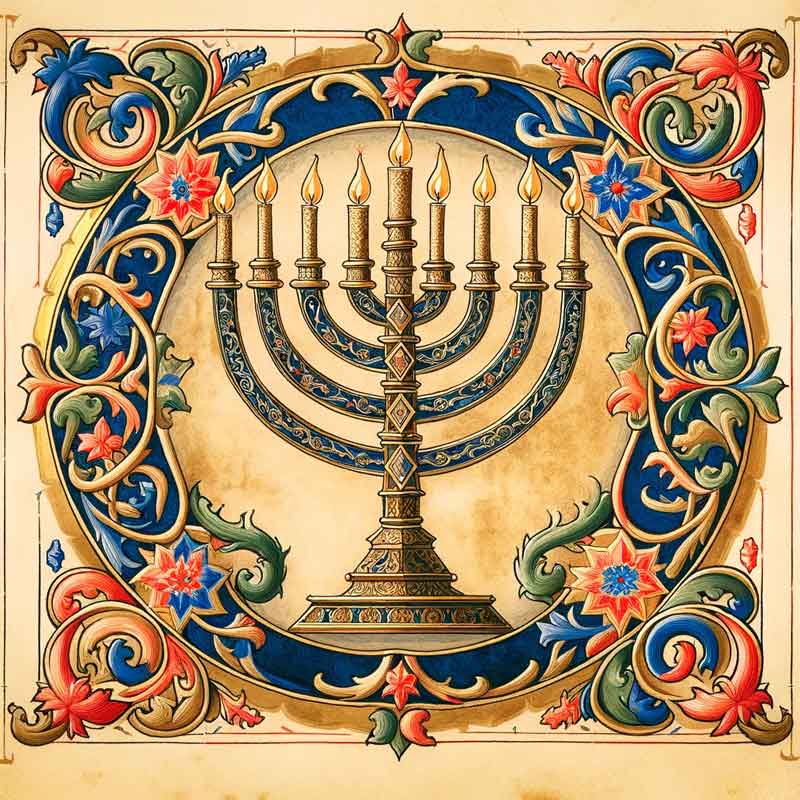Email from David Stein: “Hello Rabbi Joshua, I’ve come across the term ‘Shomer Negiah’ in my studies, but I’m not quite sure what it entails. Can you explain what Shomer Negiah is, please?”
Response from Rabbi Joshua
Shalom David, thank you for your question. ‘Shomer Negiah’ is indeed a significant concept within Jewish law and tradition, relating to physical contact and personal boundaries.
The Definition of Shomer Negiah
The term ‘Shomer Negiah’ (שומר נגיעה) literally translates to ‘observant of touch.’ It refers to a practice observed by some Orthodox Jews which involves refraining from physical contact with members of the opposite gender who are not immediate family members. This includes, but is not limited to, handshakes, hugs, and casual touches. The root of this practice is found in Leviticus 18:6, which prohibits certain close relations.
The Purpose of Shomer Negiah
The purpose of this practice is to promote modesty and to create a sense of sanctity around intimate relationships. By reserving physical contact for one’s spouse or immediate family, it is believed that one can foster a deeper and more spiritual bond within those relationships. The observance of Shomer Negiah is seen as a fence around the Torah’s laws of forbidden relationships, helping individuals avoid situations that could lead to inappropriate thoughts or actions.
Variations in Practice
It’s important to note that observance of Shomer Negiah can vary widely within the Jewish community. While some may adhere to it strictly, others may interpret the guidelines more leniently. The practice is also influenced by cultural norms, societal interactions, and personal convictions.
Shomer Negiah in Contemporary Society
In contemporary society, where physical contact is common in social and professional settings, those who observe Shomer Negiah may face challenges. It requires sensitivity and sometimes creativity to navigate these social norms while maintaining personal religious observance. Communicating one’s practice in a respectful manner is key to avoiding misunderstandings.
Conclusion and Personal Reflection
David, understanding Shomer Negiah requires an appreciation of the broader values it represents: respect, modesty, and the sanctity of relationships. Whether one chooses to observe this practice or not, it can serve as a catalyst for considering how we define our personal boundaries and how we honor the boundaries of others in our community.
May your exploration of this and other Jewish practices deepen your understanding of the rich tapestry of Jewish life and law. B’hatzlacha in your studies!



